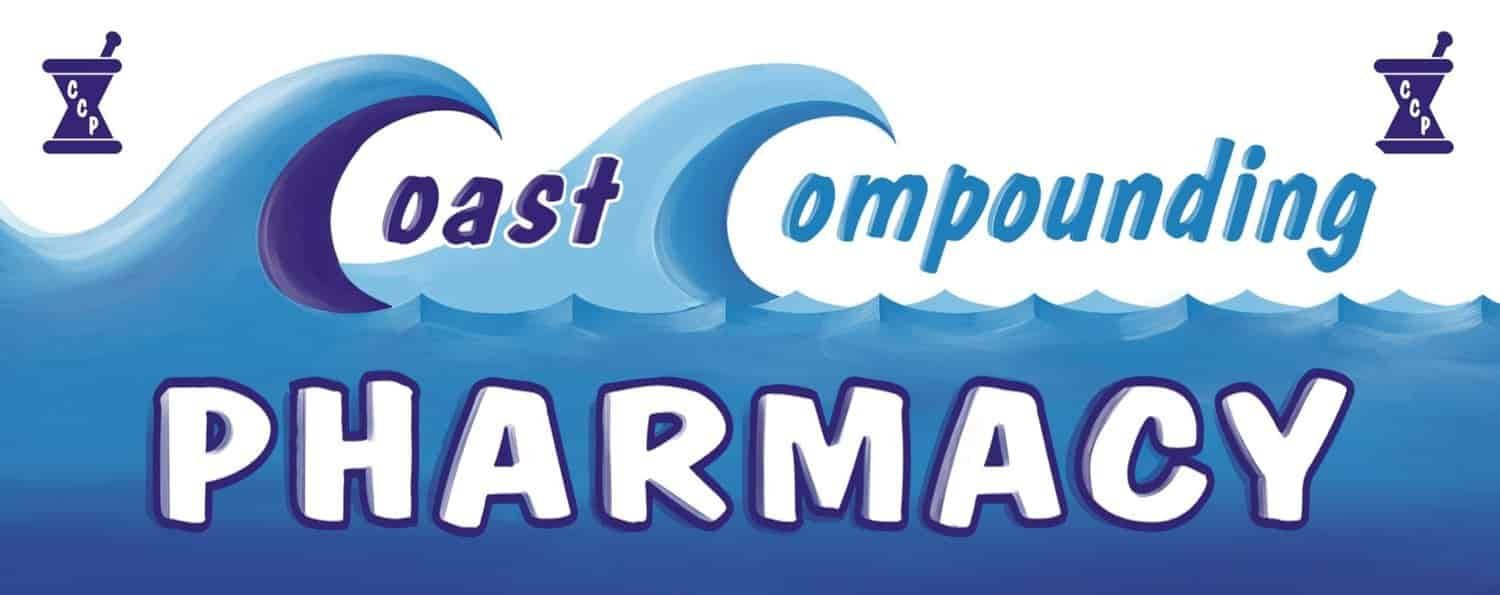Dental compounding pharmacies play a crucial role in providing tailored medications that meet the specific needs of patients. This blog explores how these specialized pharmacies customize medications to enhance patient care and improve treatment outcomes.
Understanding Dental Compounding Pharmacies
Dental compounding pharmacies focus on creating custom medications tailored to individual patient needs. Unlike traditional pharmacies, they prepare medications in specific doses or formulations that may not be commercially available. This flexibility is essential for addressing the unique health challenges many patients face.
At the heart of a dental compounding pharmacy’s mission is the commitment to personalized care. By modifying existing medications or creating new formulations altogether, these pharmacies ensure patients receive the exact treatment necessary for their conditions. This could mean creating a specific flavored medication for children or ensuring that patients with allergies can receive a formula free from certain ingredients.
The process of customization begins with understanding the patient’s specific dental needs. Pharmacists work closely with patients and their healthcare providers to determine the best course of action. As a result, patients benefit from medications that are not only effective but also pleasant to take.
Identifying Patient Needs
Identifying patient needs is a cornerstone of the customization process in dental compounding pharmacies. Every patient’s dental situation can vary widely, which is why an in-depth consultation is crucial. This allows pharmacists to gather essential information about the patient’s medical history, current treatments, and specific preferences.
Once the pharmacist has a comprehensive understanding of the patient’s dental health and preferences, they can begin exploring various options. For instance, some patients may need medications that are alcohol-free, while others may require specific dosage forms such as gels, suspensions, or even topical ointments. By addressing these individual preferences, compounding pharmacies can craft a solution that ensures patient satisfaction.
Furthermore, understanding patient needs involves ongoing communication. Patients are encouraged to voice their concerns and preferences, which helps pharmacists create truly personalized medications. This relationship nurtures trust and improves overall healthcare outcomes.
Collaboration with Healthcare Providers
Effective customization of medications in dental compounding pharmacies heavily relies on collaboration with healthcare providers. Dentists and specialists play a critical role in the compounding process, providing valuable insights into a patient’s specific condition and treatment goals. This partnership is vital to ensure that the compounded medications align perfectly with the prescribed dental treatment plan.
When a dentist recognizes that commercially available medications may not fully meet a patient’s needs, they can refer the patient to a dental compounding pharmacy. The pharmacists then become an integral part of the treatment team, working hand-in-hand to develop a tailored solution. This collaborative effort often leads to more effective treatments and improved patient outcomes.
Moreover, regular communication between compounding pharmacists and healthcare providers ensures that any changes in a patient’s condition are promptly addressed. As dental practices evolve, dentists can provide feedback on the compounded medications’ effectiveness, allowing for continuous improvement in the customized formulations.
Compounding Techniques Used for Customization
Dental compounding pharmacies utilize a variety of techniques to customize medications effectively. These techniques encompass everything from altering the strength of a medication to creating entirely new dosage forms. For example, if a patient struggles to swallow pills, a compounding pharmacy might transform a tablet into a liquid solution or a flavored chewable gummy.
Another common technique is the use of flavoring agents. Many patients, especially children, can be averse to the taste of certain medications. Compounding pharmacies can incorporate flavors that make medications more palatable without compromising their effectiveness. This attention to detail not only improves compliance but also enhances the overall patient experience.
The craftsmanship involved in compounding is both an art and a science. Skilled pharmacists use their extensive knowledge of formulations, stability, and compatibility to create effective and safe compounds. This allows them to deliver medications in ways that corporate manufacturing cannot match, thus making them an invaluable resource for patients with specific needs.
Conclusion: The Importance of Customization in Dental Care
In summary, dental compounding pharmacies uniquely tailor medications by understanding patient needs, collaborating with healthcare providers, and utilizing specialized compounding techniques. This ensures patients receive the most appropriate and effective treatments for their dental health.

